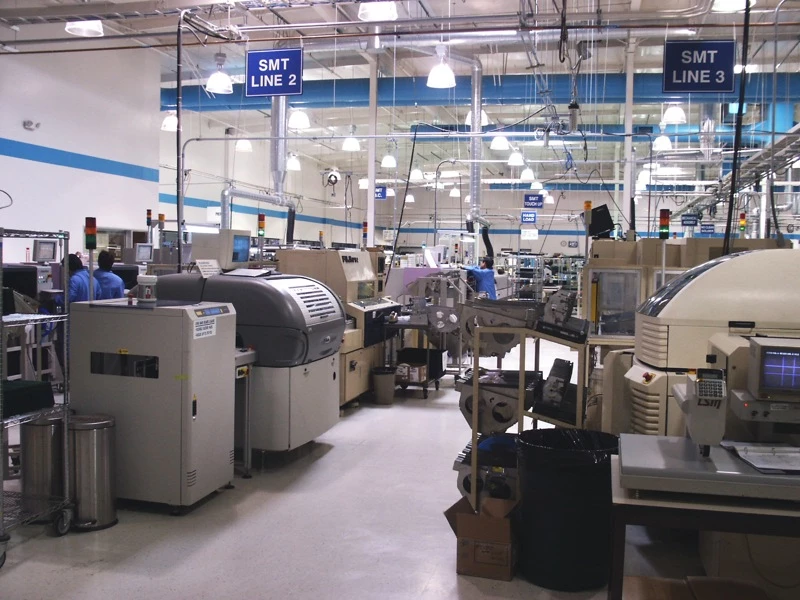
Partner Article
Harding Yarns Rates the Value of Customer Service Over Price for Manufacturers
Is competing on price alone going to work for UK manufacturers in the long-term, or must they consider other aspects they can incorporate into their offering, such as customer service?
Matthew Harding, of Harding Yarns, talks about the true value of customer service in manufacturing, and how it can offer opportunities for market differentiation.
“It is important to be able to add value to customers, especially if you are competing in a niche market. An important way of doing this is by ensuring your customer service is exceptional, and tailored to meet individual customer needs.”
This level of service goes far beyond placing orders or demonstrating product benefits. It should, rather, be an opportunity to integrate close customer service into the whole process of how you deliver the product.
It is where customer service becomes servitisation.
How Does Servitisation Work?
“Servitisation is where you merge the concept of the product and the service surrounding it, so that the two become essentially part of the same package.”
This upends the traditional concept of manufacturing, where you create a product and sell it to a customer.
“A perfect example of this is the subscription service, such as Netflix. The product and service are indivisible.”
But can this subscription model work for manufacturers?
“The opportunity is there where, especially where customers are going to want repeat orders.”
“The challenge is to create an associated service as part of an aftersales package, which might include servicing, repairs or ongoing maintenance”
In fact, servitisation can mean expanding to include pre-sales support and assistance too.
Exploring Levels of Customer Service
“The vital thing is that you must establish trust in your long-term customer relationships. If you do this, you can then scale up your servitisation, creating a continuing package of service support that is attached to the product, and gives it extra value.”
“Ultimately, full servitisation switches focus away from the product to the package, and where the service, not the product, is the final outcome”
“This becomes the equivalent of a subscription service, but one which is about full, comprehensive product support.”
The customer may buy a specific piece of equipment or other product. As well as supplying it, under the agreement, the manufacturer will also install it and monitor its operation. The manufacturer will undertake regular servicing and maintenance, repair any worn or damaged parts, and provide emergency call-out support.
Using customer service in this way, the manufacturer and customer form a relationship, which is the basis of the purchase of both the product and the full service package that goes with it.
“It is a means of transforming good customer service into a tangible business asset and, as an extension of your brand, something that will help define you in the marketplace.”
This was posted in Bdaily's Members' News section by M3 Media Publishing .








 Putting in the groundwork to boost skills
Putting in the groundwork to boost skills
 £100,000 milestone drives forward STEM work
£100,000 milestone drives forward STEM work
 Restoring confidence for the economic road ahead
Restoring confidence for the economic road ahead
 Ready to scale? Buy-and-build offers opportunity
Ready to scale? Buy-and-build offers opportunity
 When will our regional economy grow?
When will our regional economy grow?
 Creating a thriving North East construction sector
Creating a thriving North East construction sector
 Why investors are still backing the North East
Why investors are still backing the North East
 Time to stop risking Britain’s family businesses
Time to stop risking Britain’s family businesses
 A year of growth, collaboration and impact
A year of growth, collaboration and impact
 2000 reasons for North East business positivity
2000 reasons for North East business positivity
 How to make your growth strategy deliver in 2026
How to make your growth strategy deliver in 2026
 Powering a new wave of regional screen indies
Powering a new wave of regional screen indies